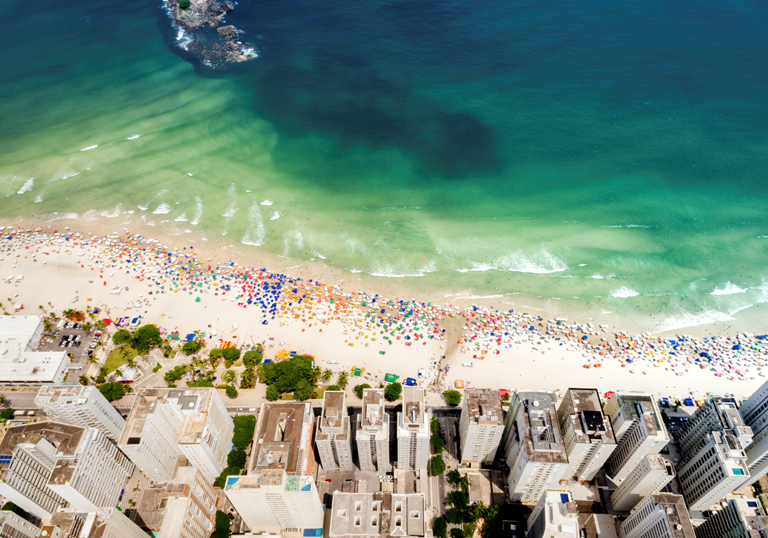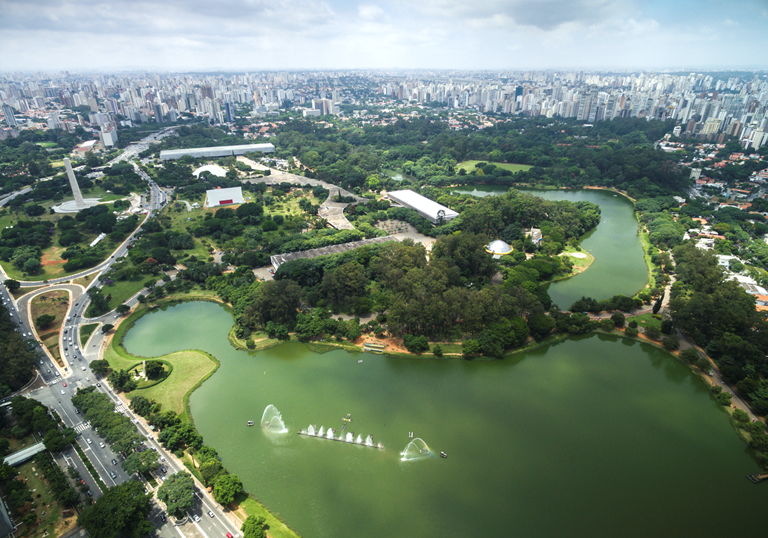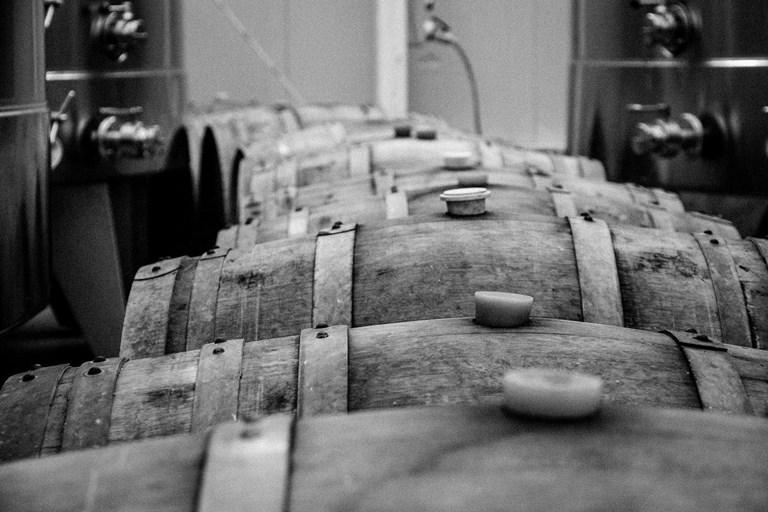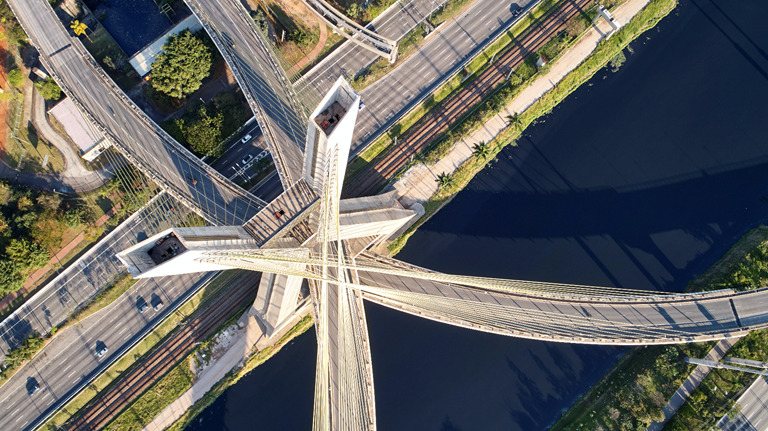
From village to megacity
To be an expert or to gain experience? David Valletta, in his life, has chosen to answer both. He has succeeded in combining professional growth with his passion to learn about new realities: from Grono to São Paulo, from Grisons to Brazil. A worldwide vocation inherited perhaps from being raised in Switzerland by parents of different nationalities, cultivated with a suitcase in hand, always ready to leave for new experiences and the encounter with non-European cultures.
We interviewed him to understand what value the decision to meet different human, social and professional realities have brought in his life.
His childhood was spent in a small village in the Italian Graubünden and for the last ten years he has been living in the largest city on the American continent. How did that come about?
“I grew up in Grono and went to school in Italian-speaking Switzerland. My father is Italian and my mother is Spanish, so I’ve always travelled a lot, even as a child, and I’ve always been curious about exotic cities and places. Then after studying law in Zurich, I joined UBS in 2005 and started working in Brazilian client relations. In 2009, I lived in São Paulo for a year and a half to learn more about Brazil.”
But the return to Switzerland didn’t last long?
“No, I left UBS in 2011 and after a six-month sabbatical around the world, I chose Citibank, a US bank, as one of the job offers. I moved to San Paolo and worked for the bank until 2016. In that year, I decided to start a law firm with two partners. I qualified as a lawyer and deal mainly with tax and corporate law. My clients are mainly investors who want to come to Brazil or Brazilian companies that want to invest abroad. My partners deal with labour law and civil law.”
What is it like to live in Brazil?
“Brazil is a beautiful country, vast, with extraordinary and some times dangerous landscapes and a great diversity of vegetation and animals. Unlike what you might imagine in Europe, the population is mostly white: about 60%. It is a nation of immense wealth and potential. The real estate sector continues to explode. A Brazil’s problem is the currency. For a foreign investor this can be a limitation. If I invest and then the capital gains devalue over time, even if the business is going well, I have no more money.”
Is this a problem of public management?
““Not only. I believe the underlying problem is social. In general, people consider their own interests to be greater than the interests of society and clearly this feature is found in politics with very serious consequences. There are enormous resources, but obviously the purpose of public administration is not the interest of the population but only that of certain political groups and parties. The result, in the absence of necessary reforms, is an economy that fails to develop. During the first Lula government, and somewhat in the second, the economy exploded because it exported raw materials to China, which saw its GDP grow by 15-17% a year. As a result, Brazil was also growing by 10%. When China reduced its purchases, the Brazilian economy shrank. Still, there is great potential. There are very good and very competent companies. For example, although one might think the opposite, I believe that the medical service in Brazil is at a higher level than the Swiss one. The resources invested and the professional experience due to the different medical situations faced on a daily basis, have allowed the excellent development of the sector. However, these are excellences for which, most of the time, you have to pay”.
Going from Grono to Zurich and then to São Paulo, from village to megacity. Was it difficult to settle in?
“I experienced it as something normal. The change took place in stages and I always travelled abroad. As the son of foreign parents I was often in Italy and in Spain. As I grew up, I agreed that I had developed a liquid identity, not very defined by national parameters. Others have a very defined identity throughout their lives, but I have taken characteristics from various places and experiences.”
This eclectic identity affects personal relationships.
“I have a Brazilian partner, Tatiana. She’s a wonderful person, very relaxed, which makes things easier. It’s a characteristic that you breathe a lot in Brazil. There’s a lightness, a tolerance for accepting different situations that you don’t have in Switzerland or Europe. Where realities are very homogeneous at an economic, financial and social level, it is more difficult to accept differences. Instead, you can discover that even very difficult realities have underlying values and feelings of solidarity. Living in Brazil has helped me rediscover them. In general, Brazilians enjoy life more, as if they knew that the real problems are quite different.”
Are there also negative aspects of Brazil?
“The problem is that, as in all young countries, where there is unbridled capitalism, people quite a lot of care about money and personal or family success, selfishness grows and there is no widespread feeling of common good. This increases inequalities and complicates public management.”
Was it easy to integrate in Brazil?
“I never asked myself this question. I didn’t perceive any hostility towards me as a foreigner. Here, the problem of immigration is less felt than in Switzerland and Europe. A person arriving here from Switzerland is usually well liked.”
What is Christmas on the beach like for those who are used to spending the winter in the snow?
“It’s summer here at Christmas and it’s 30-32 degrees. So for me it’s like it doesn’t exist, I don’t feel it. That’s why I always used to go back to my parents in Grono to celebrate it. But because of the pandemic I haven’t been able to fly to Switzerland for Christmas for two years now. For me, Christmas dinner here is just a normal dinner, it lacks atmosphere. But New Year’s Eve is much more fun in Brazil.”
Do you maintain relations with Switzerland?
“Yes, before the pandemic I came back three times a year. I still follow Swiss affairs on the various news sites almost every day. There are many positive things that I miss, but today I think my home is more in Brazil.”
Will there be others?
“If it were up to me, I would keep moving, and when I could I also travelled to other South American countries, as I believe that gaining new experiences in life produces a great deal of personal wealth. Unfortunately, you also need to produce and for certain types of profession it is difficult to be a nomad or to start from scratch every time.”
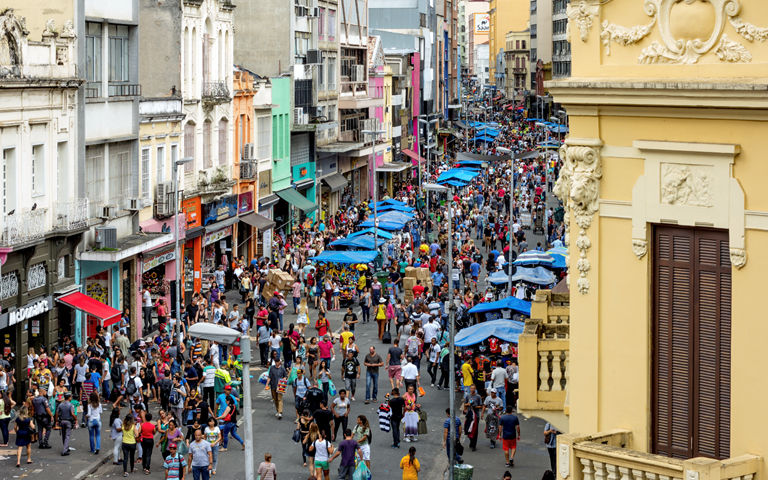
David Valletta
Year of birth: 1976
Profession: Lawyer
David Valletta grew up in Grono, in the Italian Graubünden. After studying law in Zurich and Spain, he joined UBS in 2005 and started working with Brazilian clients. In 2009, he moved to Brazil for a year and a half to further his studies. In 2011 he left UBS and started working for Citibank between Miami and Brazil. In 2016 he chose to start a law firm in São Paolo, advising in the field of Tax Law.
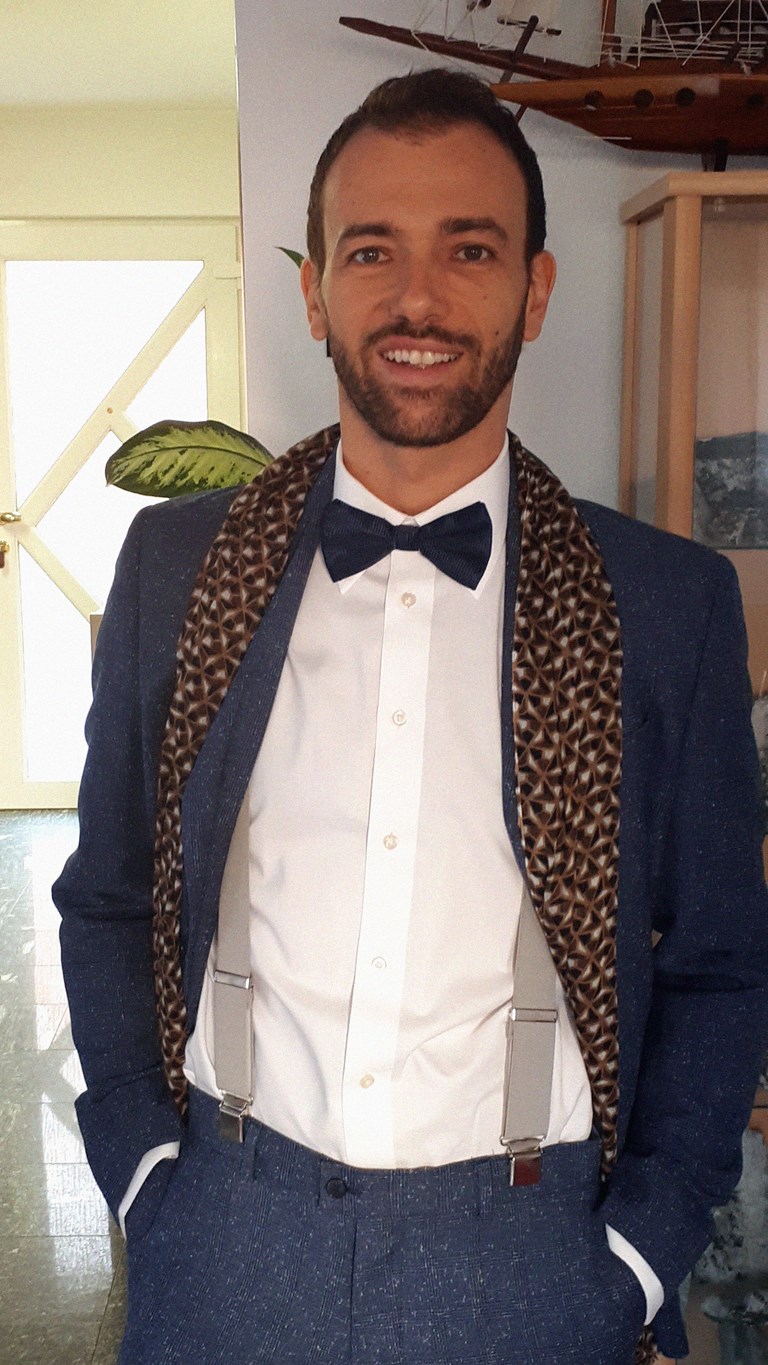
Playlist


